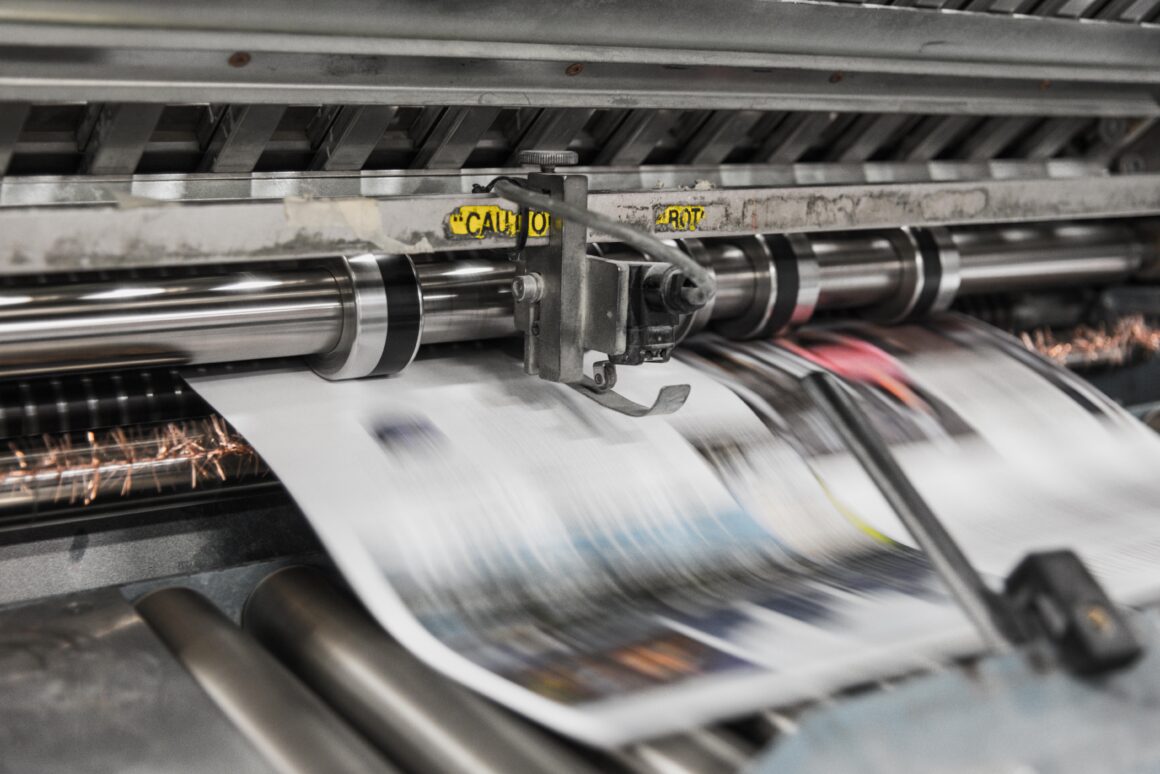This is a sponsored post. Affinity Magazine is receiving financial compensation for the publication of this article, which utilized content provided by a third party.
With the rise of more life-threatening emerging diseases in the digital age, human drug outsourcing plays a significant role in providing safe and high-quality medications to patients. Compounding companies are specialized pharmacies run by highly trusted pharmacists and drug manufacturers. But what is human drug outsourcing, and what’s in store in its future?
What Is Human Drug Outsourcing?
The Food and Drug Administration (FDA) certifies drug compounding outsourcing facilities. Human drug outsourcing refers to obtaining specially-formulated customized medications from FDA-registered compounding facilities.
The FDA certifies facilities that can compound non-sterile and sterile medications. Traditional or 503A compounding facilities are authorized to only compound individual physician-prescribed drugs for home use. On the other hand, 503B human drug outsourcing facilities, such as Fagron Sterile Services, can compound non-sterile and sterile drugs, catering services to hospitals, ambulatory centers, medical centers, and other healthcare facilities.
More Compounders To Address Patient-Specific Prescription Demands
The Federal Food, Drug, and Cosmetic Act or the FD&C Act set the provisions for human drug outsourcing facilities. One of the provisions includes compounding patient-specific prescriptions, wherein patients with special cases can obtain their drugs from outsourcing facilities.
Under the FD&C Act’s Section 503A, compounding drugs for an identified individual patient must depend on a valid prescription. The compounder of 503A drug products must be a licensed pharmacist (from a state-licensed pharmacy or a federal facility) or a licensed physician. On the other hand, 503B compounding must be under a licensed pharmacist’s direct supervision in an outsourcing facility.
These provisions provide more options for patients and healthcare providers, finding the most effective ways to treat their medical conditions. In the future, more healthcare professionals and facilities will be authorized to compound patient-specific prescriptions to cater to the increasing demands for compounded drugs.
Compound Drugs Without Patient-Specific Harmful Ingredients
FDA-approved drugs, commercially sold in drug stores and pharmacies, are for general consumers. However, some patients, like those with drug allergies, cannot take FDA-approved drugs that may contain allergens, posing more health risks. Hence, human drug outsourcing is the best solution.
In human drug outsourcing, compounding facilities can create a drug product without patient-specific harmful ingredients. Compounders can produce drugs using active pharmaceutical ingredients (API) or bulk drug substances to provide similar therapeutic effects to their FDA-approved drug counterpart.
In the future, more patients can find symptom relief and cure quickly using compounded bulk drugs. With continuous drug research and development, human drug compounding facilities will have more bulk drugs to offer to patients with a wide array of clinical conditions. Drug compounding helps reduce the incidence of complications and fatalities associated with the lack of available patient-specific drugs.
More Advanced Drug Compounding Method And Technologies
Today, human drug outsourcing utilizes automation and state-of-the-art equipment for compounding drugs. Sophisticated validation testing methods are available to detect endotoxins and fungi, ensuring drug sterility, stability, and overall quality.
In the future, human drug outsourcing will use more advanced drug compounding equipment for safer and faster delivery of high-quality compounded drugs to patients in hospitals and other healthcare centers. A good example is using more state-of-the-art robotic technology in compounding sterile preparations.
The future of human drug outsourcing will include the application of artificial intelligence (AI), machine learning (ML), and other innovative technologies. Drug outsourcing companies will continue to work with technology experts to create more streamlined drug outsourcing compounding operations and data management systems.
Wider Range Of Human Drug Outsourcing Products And Services
The future of human drug outsourcing in promoting patient health and safety is bright. Because of the relentless efforts of drug outsourcing facilities, they’re able to discover, produce, and offer more drug outsourcing products and services.
For instance, 503B drug outsourcing companies nowadays can offer sterile-to-sterile, bulk drug or API-to-sterile, and biological compounded drug products and services. Examples include epidural pain medication injections, ophthalmic solutions, and operating room anesthesia.
In the future, there’s a strong possibility of creating more compounded drug products for a broad range of emergency cases, such as traumatic injuries caused by car accidents. For instance, human drug outsourcing companies can create patient-specific intravenous solutions for those with allergies to certain blood components or those who cannot take pure packed red blood cells due to strict religious beliefs.
Conclusion
Human drug outsourcing is the ultimate solution to patient-specific demands for prescription drugs. In the future, more patients will have access to human drug outsourcing services with the help of doctors, pharmacists, and other healthcare providers. As outsourcing companies continue to upgrade their systems and methodologies, more patients will find treatment for better health.




